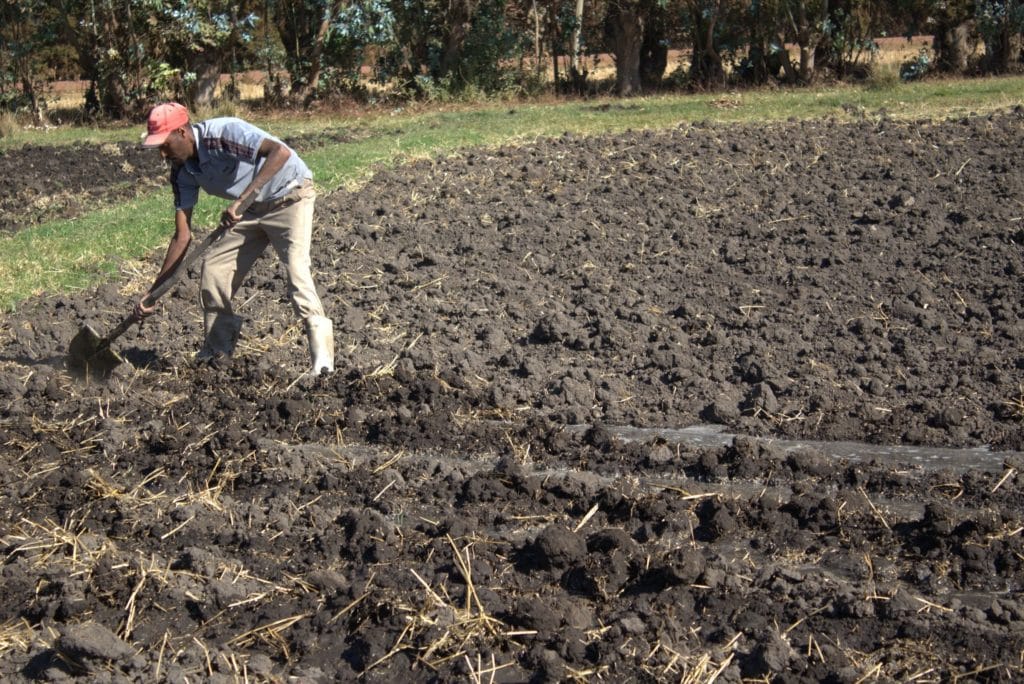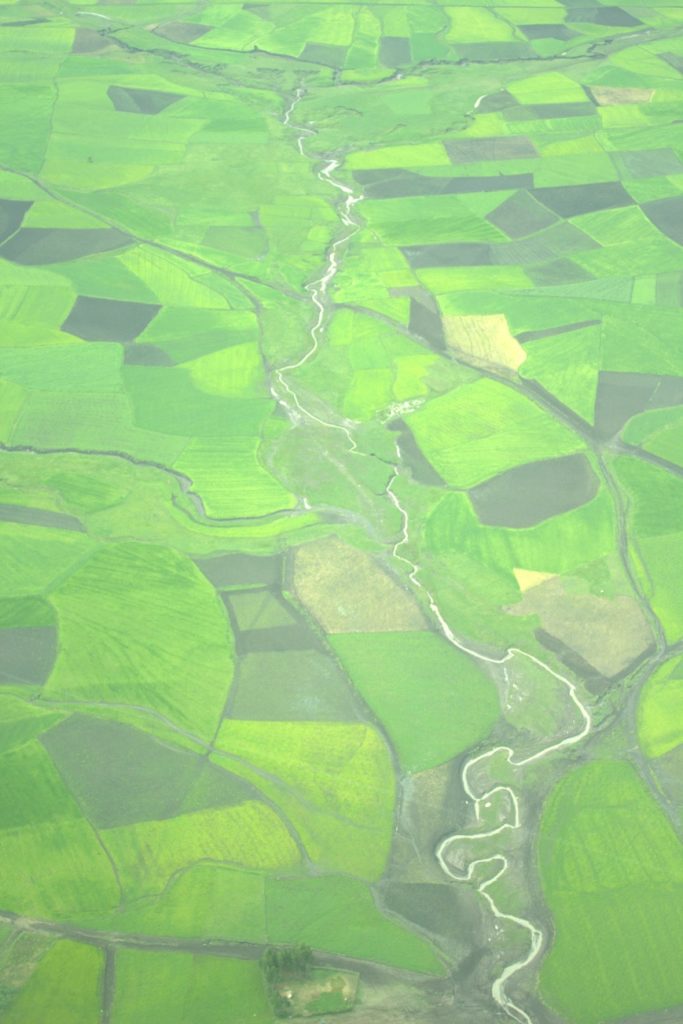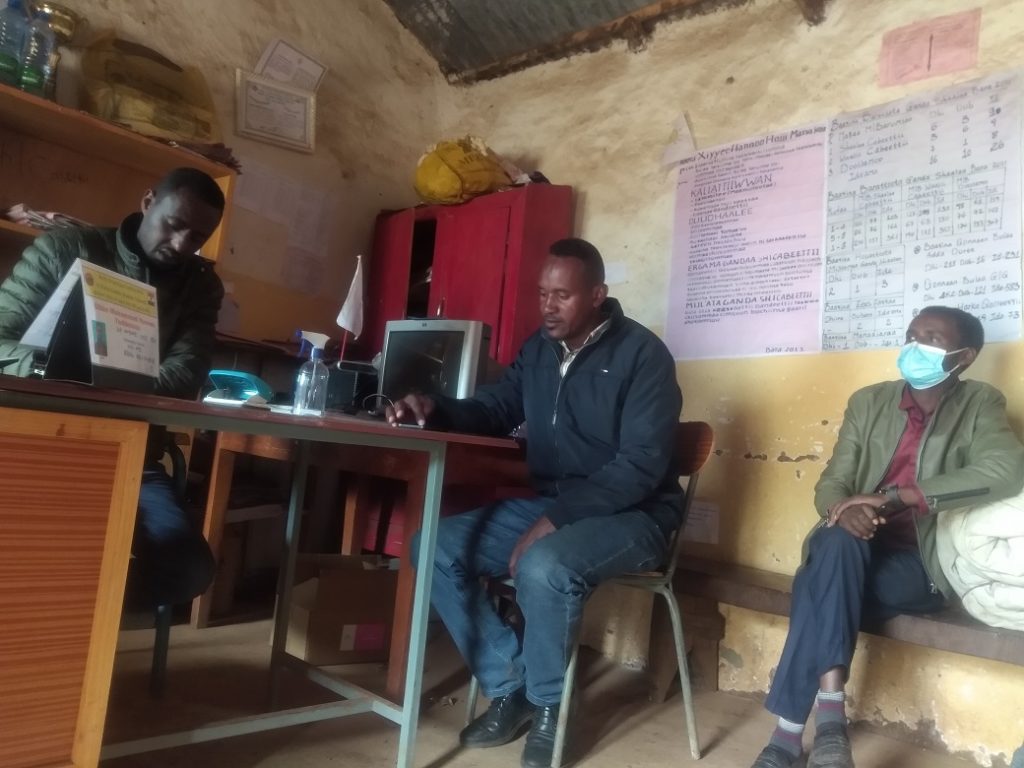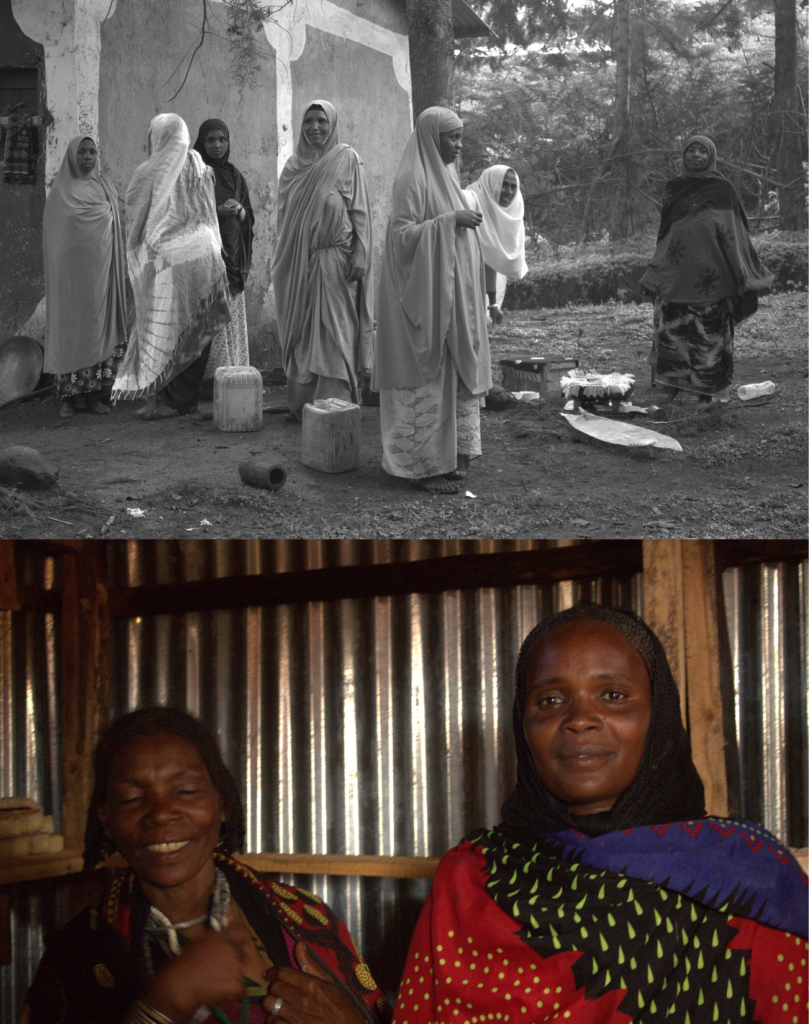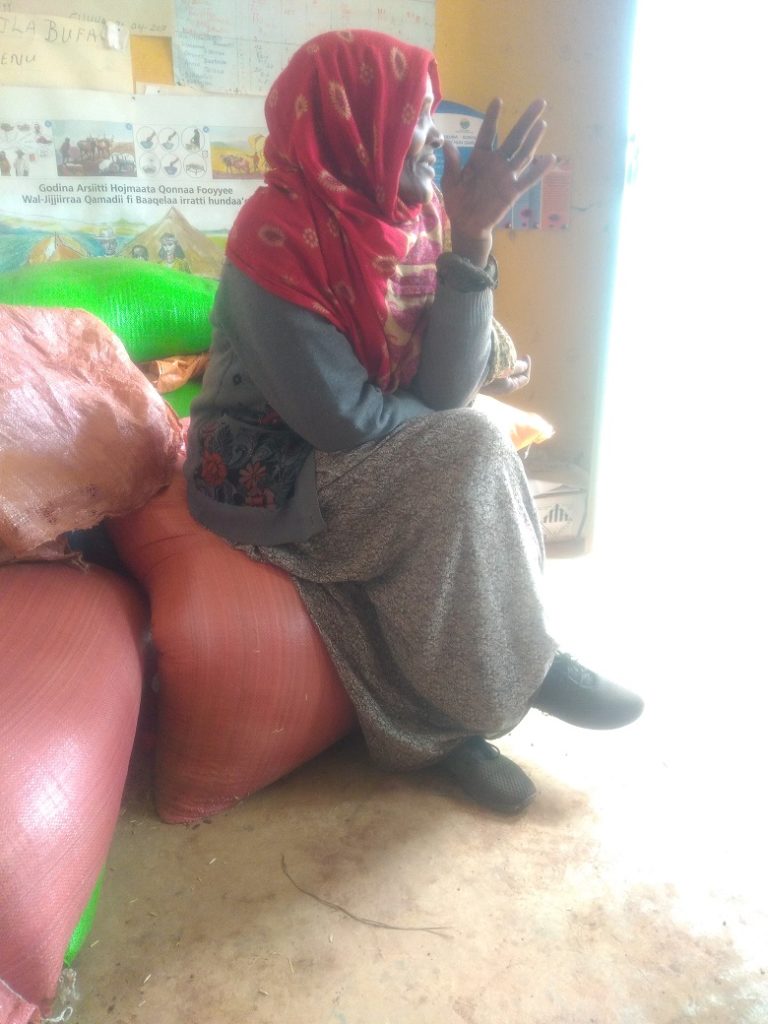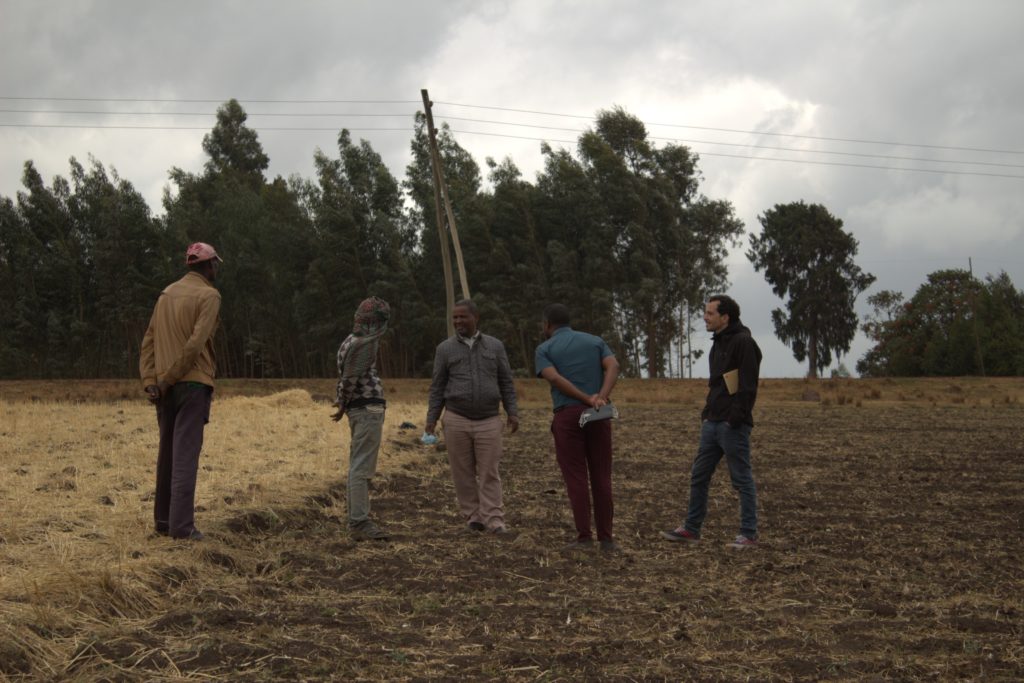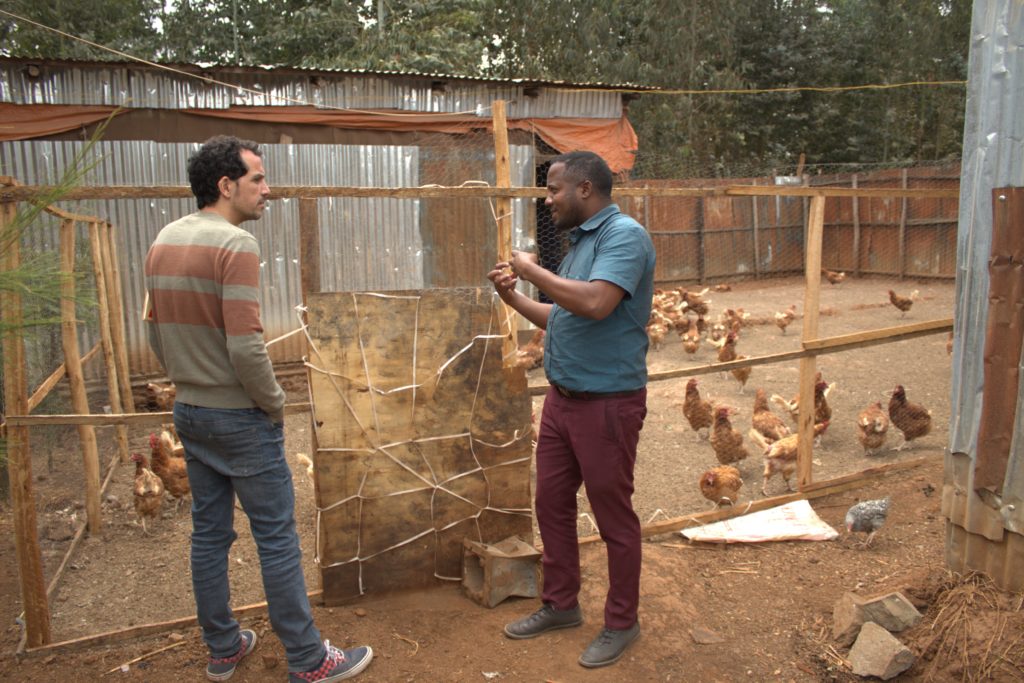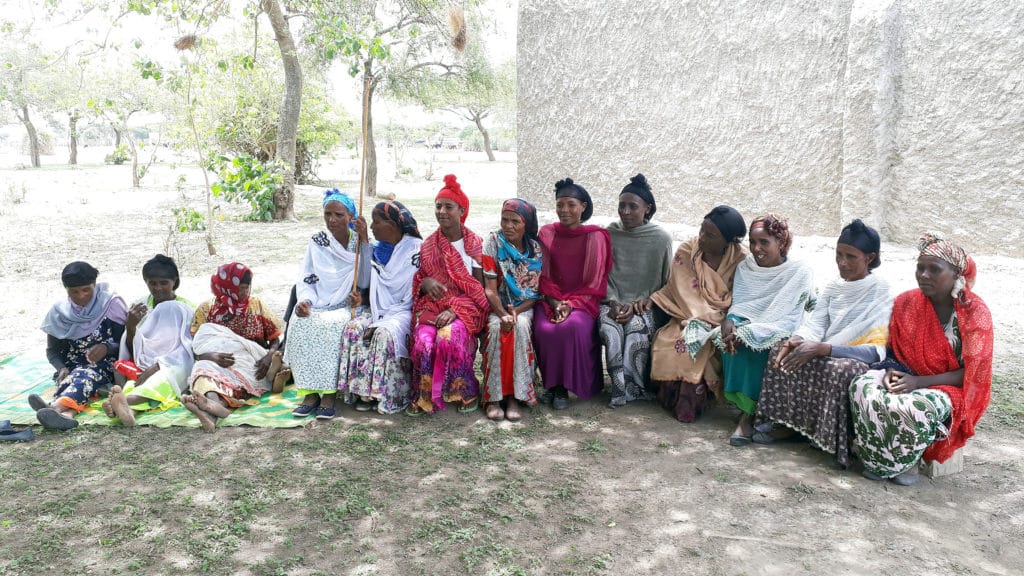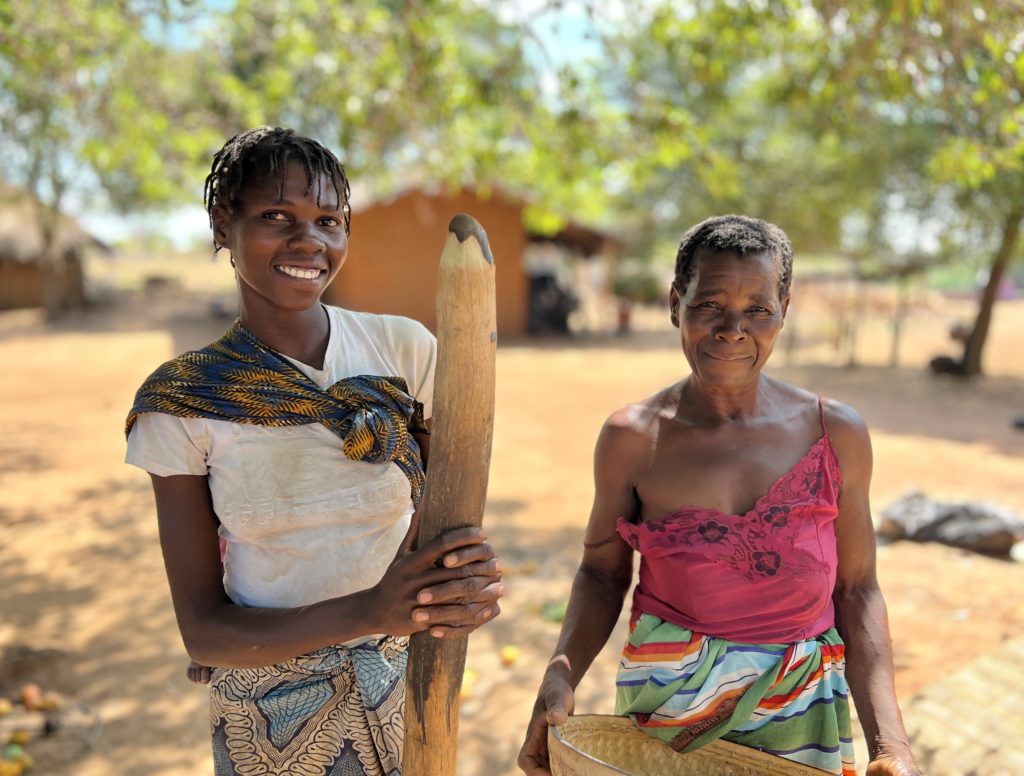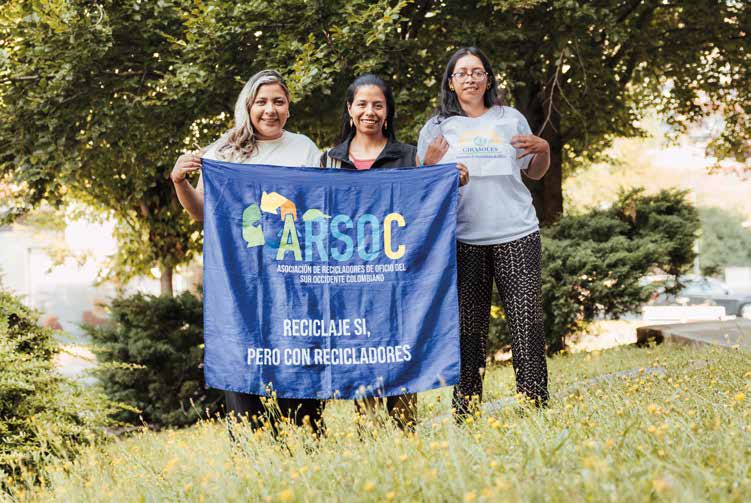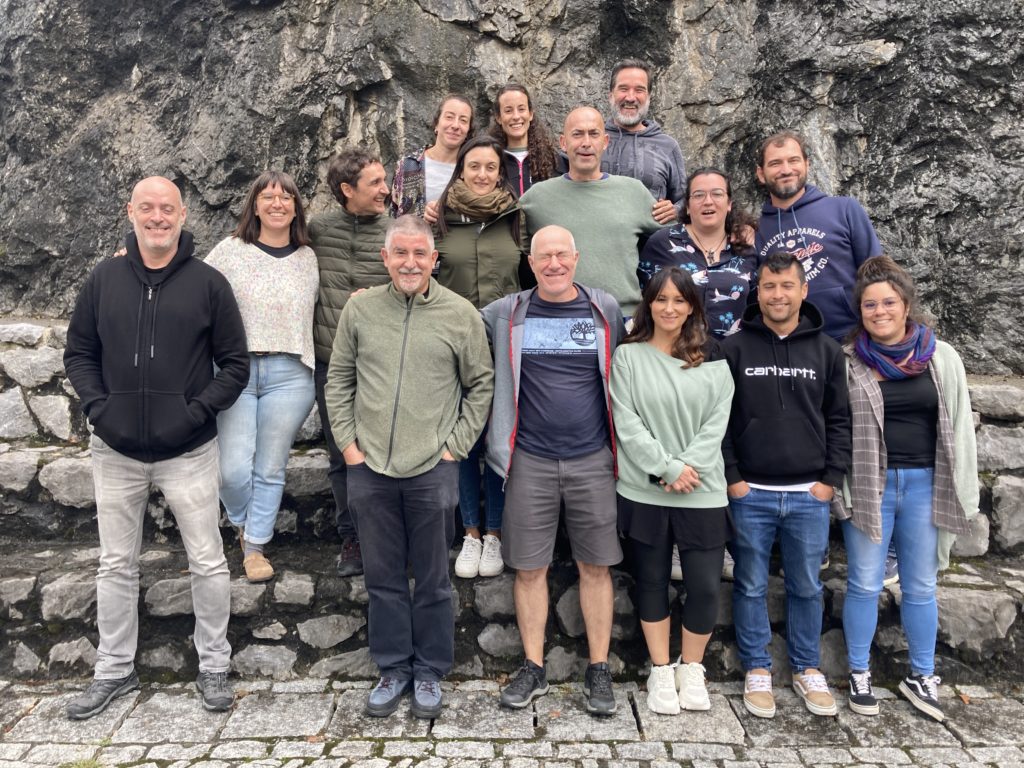The work that Mundukide is developing in Ethiopia is being affected by the recent events and situation of violence [1] that is being experienced this summer in the north of the country and that seriously afflicts the Tigray region, historical area of Ethiopia, but with the eyes of the rest of the regions set on it, to see how the conflict will develop, which actually touches the whole country.
Leaving aside the social, historical and war analysis for experts who can explain much better the causes and development of the not yet declared war in Tigray, and also postponing the possible denunciations to those organizations of a more humanitarian nature, we from our NGO, we must make the relevant observations on what is already happening in the country and how it will affect the peasant community with which Mundukide collaborates in Arsi (Oromia).
Ethiopia is characterized by the absence of climatic seasons, but with rainy periods that influence and mark the agricultural calendar. A short season called Belg, which goes from March to April, and a long one, called Maher, which includes all our summer. That is to say, right now, all the fields are already plowed, sown and you can start to distinguish the green of the different crops from any part of the nation.
Missing the rain is tantamount to foregoing the harvesting of crops, especially cereals, and especially something that Ethiopia’s agricultural system, based on rain-dependent crops, cannot afford. But it is something that is already happening because of the violence and displacement that is taking place in the north of the country. More than 2 million farmers and their families have left their farms to seek refuge in safer areas and Ethiopia’s IDP population is still out of control since the first conflicts started to take place more than three years ago.
Mainly in the agricultural corridors of northern Oromia, Amhara and especially Tigray, these movements are occurring this year at the crucial time of the Maher. Farmers did not get to prepare their lands for the tillage period that has already ended, but they have not done so for this summer either. These lands, still uncultivated, will not only affect the reduction of cereal and legume production, but will also place Ethiopian society, once again, in a cyclical struggle against poverty.
Last April, heavy ethnic violence broke out on the regional border between Amhara and Tigray, claiming the lives of some 300 people and subsequently declaring a state of emergency in the affected area. Federal military forces were stationed in the region and were only withdrawn last month, at considerable economic and human cost and putting the nation’s coffers to the test, as will the humanitarian assistance that the peasantry will soon need.
The situation of violence and instability has caused many farmers and agriculturists in these areas to abandon their homes. While it is true that Arsi, where Mundukide works, is an area characterized by high cereal production, mainly wheat and barley, the displaced farming communities in the conflict areas are also known for their teff[2] , sorghum and bean crops. Not all displaced people belong only to the Tigrayan region, but this instability also affects the communities of western and northeastern Oromia and Benishangul-Gumuz. According to the Ethiopian Human Rights Commission (EHRC) report published in June 2021, there are 1.82 million internally displaced persons (IDPs), figures that do not coincide with the estimate given by the International Organization for Migration (IOM) which puts the figure at 2.3 million, in addition to the more than 800,000 refugees who have already fled the country.
The fact that farmers are being displaced recently represents substantial damage to the economy, due to the timing of the event. Farmers have evacuated as they prepare their plots for the big harvest season, and the short rainy season was also not without interruptions.
Because of the conflict and displacement, an estimated 12% of the land cultivated in previous years is now idle, equivalent to 1.5 million hectares. These uncultivated fields will have to wait at least another year to be tilled, with a major impact on both food security and the economy in general, as farmers supply 30% of their production to markets, contributing to staple food inflation.
As the main generator of income and employment, the agricultural sector is arguably the most vital sector in Ethiopia, accounting for 32.7% of GDP and 23% of GDP growth. Agricultural production is dominated by smallholder farmers and between 2019-20, according to Ministry of Agriculture figures, total agricultural production was 335 million quintals, of which cereal production accounted for 88.5% with 13 million hectares of land under cultivation (81.5% devoted to cereal production alone). But in the summer of 2021 most of Tigray’s farmers have stopped cultivating 950,000 hectares, abandoning farms and with livestock and tools looted.
The conflict that Ethiopia is now facing will have several adverse impacts: the reduction of agricultural production and family food for the peasantry (farmers use most of their harvest to feed their families. If they cannot grow crops, they cannot feed them). According to official data, of the total cereals grown, farmers themselves consume up to 60%[3] .
Another negative impact will be the increasing expenditure in the form of humanitarian assistance for displaced people. In addition to the horrendous number of victims resulting from the conflicts, which already includes 12 NGO[4] workers, there is the amount of money spent on humanitarian assistance, which in North Shewa alone was 40 million euros[5] . The total cost of humanitarian assistance has so far exceeded 90 million in Tigray alone, and the cost of moving and maintaining federal troops in the conflict zones is estimated at 20 million. A total of 23.2 million people in Ethiopia are currently in need of humanitarian assistance, according to the UN, and 12.5 million children are undernourished, according to UNICEF.
Finally, the supply of agricultural production on the domestic market is expected to be reduced. The ongoing conflict has a major impact not only on displaced farmers, but also on consumer families, negatively affected by the shortage of supplies and the consequent inflation, as well as the decrease in exports. The Ethiopian currency, the birr, has already suffered a devaluation of more than 5 birr per euro so far this year, eroding the purchasing power of most families who cannot afford the relentless rise in prices, especially of food products (22.6%[6] so far this year, the highest peak since the record of 2008).
In the Oromo region where Mundukide works, the highest incidence has been experienced, up to 30.5%, being the rural areas the most affected and increasing the risk of many peasant families to enter into poverty, decreasing their ability to acquire basic products and increasing the value of established prices, including those necessary for agricultural work and production (inputs, seeds, chemicals and fertilizers…).
Thus, and while waiting for future events and to see how both the Ethiopian government and the international community handle the Tigray conflict, with uncertain harvests for this year, the work of many local associations and NGOs (Mundukide among them) becomes necessary and unavoidable for those organizations committed to development and equal opportunities.
[1] The Tigray conflict put the supporters of the TPFL at war with the Ethiopian government, which considered them insurgents (https://elpais.com/internacional/2020-11-06/la-guerra-civil-estalla-en-el-norte-de-etiopia.html).
[2] Teff is a highly consumed cereal in Ethiopia as it is the basis of inyera, the food on which most Ethiopian cuisine is based.
[3] Of the 335 million quintals of total agricultural production in 2019-2020, 206 million were consumed by farmers and their families and 38 as seed.
[4] https://www.msf.es/actualidad/etiopia/msf-horrorizados-brutal-asesinato-tres-companeros-etiopia
[5] Ethiopian Institution of the Ombudsman, 2021.
[6] Ethiopian Business Review 99. July, 2021
